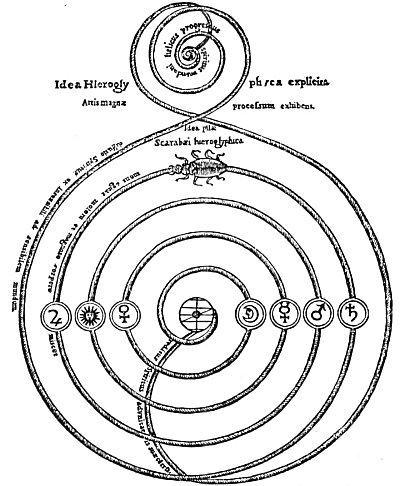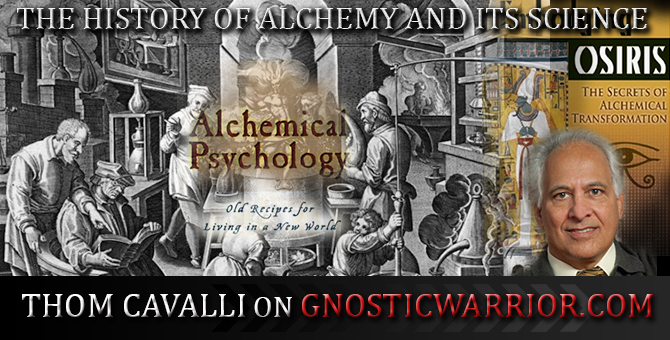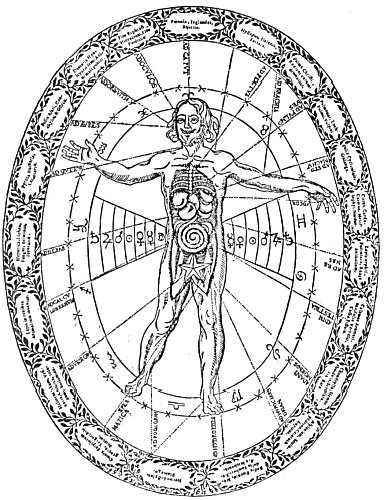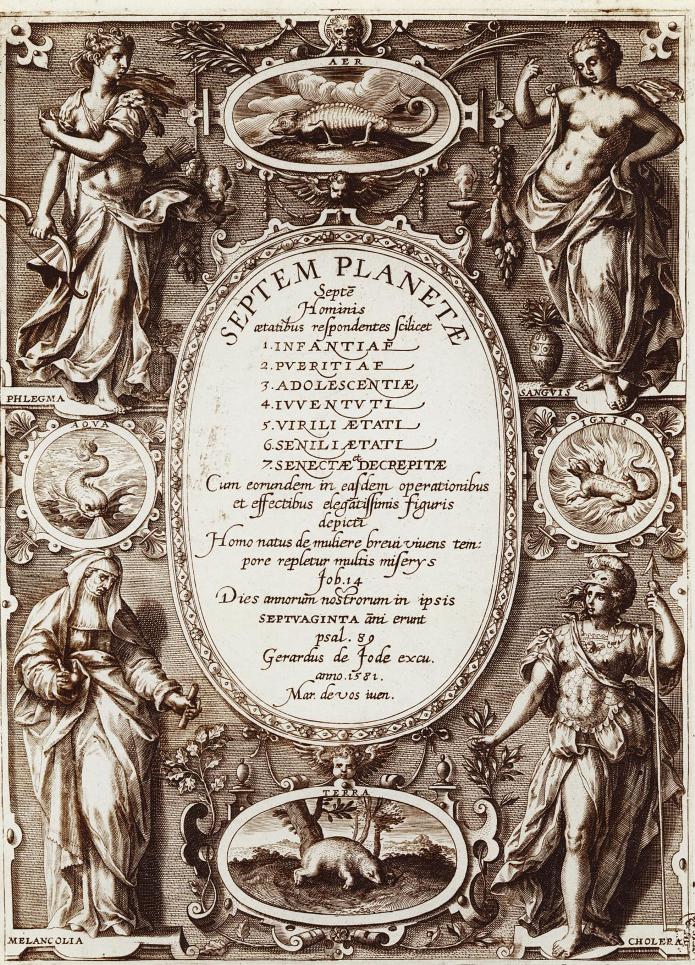There is much controversy concerning the personality of Paracelsus. That he had an irascible disposition there is no doubt. His barred for physicians and for women amounted to a mania; for them he had nothing but abuse. As far as can be learned, there was never a love affair in his life. His peculiar appearance and immoderate system of living were always held against him by his adversaries. It is believed that his physical abnormalities may have been responsible for much of the bitterness against society which he carried with him throughout all his intolerant and tempestuous life.
His reputed intemperance brought upon him still more persecution, for it was asserted that even during the time of his professorship in the University of Basel he was seldom sober. Such an accusation is difficult to understand in view of the marvelous mental clarity for which he was noted at all times. The vast amount of writing which he accomplished (the Strassburg Edition of his collected works is in three large volumes, each containing several hundred pages) is a monumental contradiction of the tales regarding his excessive use of alcoholics.
No doubt many of the vices of which he is accused were sheer inventions by his enemies, who, not satisfied with hiring assassins to murder him, sought to besmirch his memory after they had revengefully ended his life. The manner in which Paracelsus met his death is uncertain, but: the most credible account is that he died as the indirect result of a scuffle with a number of assassins who had been hired by some of his professional enemies to make away with the one who had exposed their chicanery.
Few manuscripts are extant in the handwriting of Paracelsus, for he dictated the majority of his works to his disciples, who wrote them down. Professor John Maxson Stillman, of Stanford University, pays the following tribute to his memory: “Whatever be the final judgment as to the relative importance of Paracelsus in the upbuilding of medical science and practice, it must be recognized that he entered upon his career at Basel with the zeal and the self-assurance of one who believed himself inspired with a great truth, and destined to effect a great advance in the science and practice of medicine. By nature he was a keen and open-minded observer of whatever came under his observation, though probably also not a very critical analyst of the observed phenomena. He was evidently an unusually self-reliant and independent thinker, though the degree of originality in his thought may be a matter of legitimate differences of opinion. Certainly once having, from whatever combination of influences, made up his mind to reject the sacredness of the authority of Aristotle, Galen and Avicenna, and having found what to his mind was a satisfactory substitute for the ancient dogmas in his own modification of the neo-Platonic philosophy, he did not hesitate to burn his ships behind him.
“Having cut loose from the dominant Galenism of his time, he determined to preach and teach that the basis of the medical science of the future should be the study of nature, observation of the patient, experiment and experience, and not the infallible dogmas of authors long dead. Doubtless in the pride and self-confidence of his youthful enthusiasm he did not rightly estimate the tremendous force of conservatism against which he directed his assaults. If so, his experience in Basel surely undeceived him. From that time on he was to be a wanderer again, sometimes in great poverty, sometimes in moderate comfort, but manifestly disillusioned as to the immediate success of his campaign though never in doubt as to its ultimate success–for to his mind his new theories and practice of medicine were at one with the forces of nature, which were the expression of God’s will, and eventually they must prevail.”
This strange man, his nature a mass of contradictions, his stupendous genius shining like a star through the philosophic and scientific darkness of mediæval Europe, struggling against the jealousy of his colleagues as well as against the irascibility of his own nature, fought for the good of the many against the domination of the few. He was the first man to write scientific books in the language of the common people so that all could read them.

Moe is the founder of GnosticWarrior.com. He is a father, husband, author, martial arts black belt, and an expert in Gnosticism, the occult, and esotericism.







